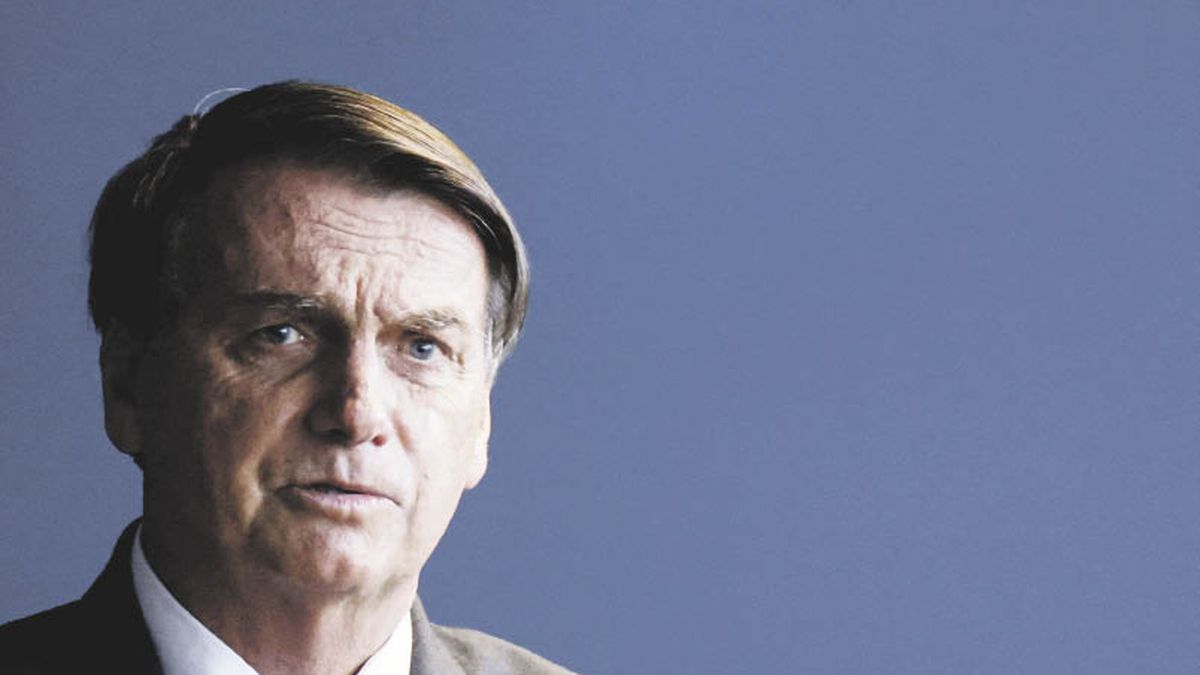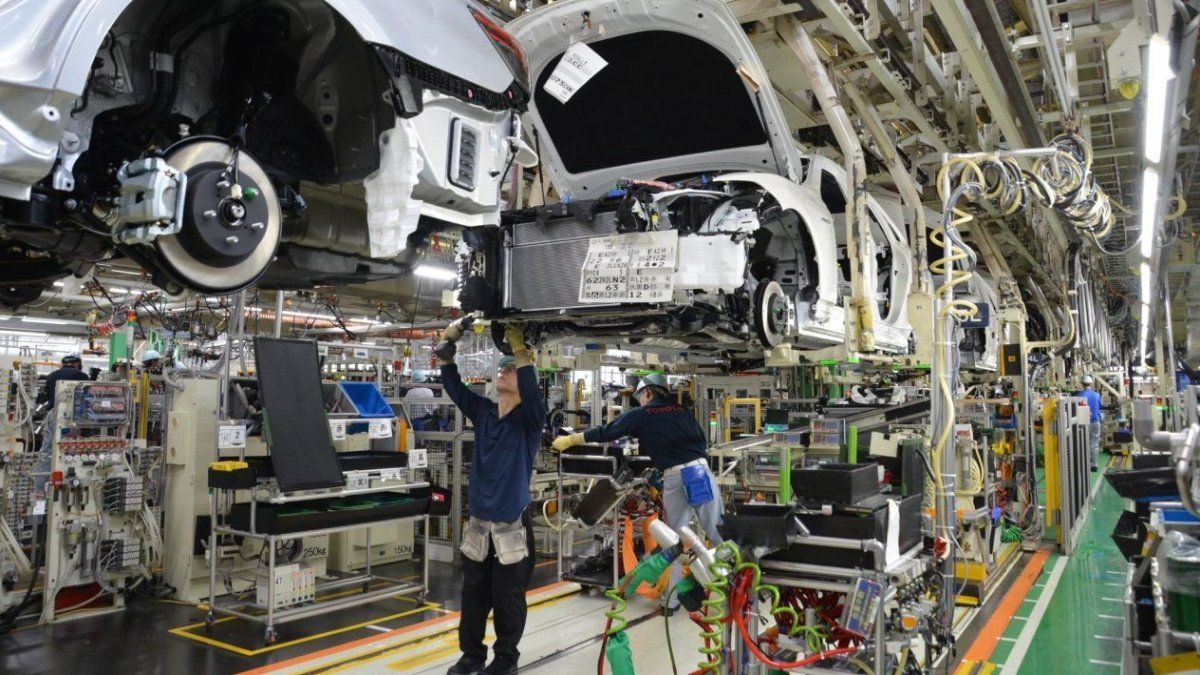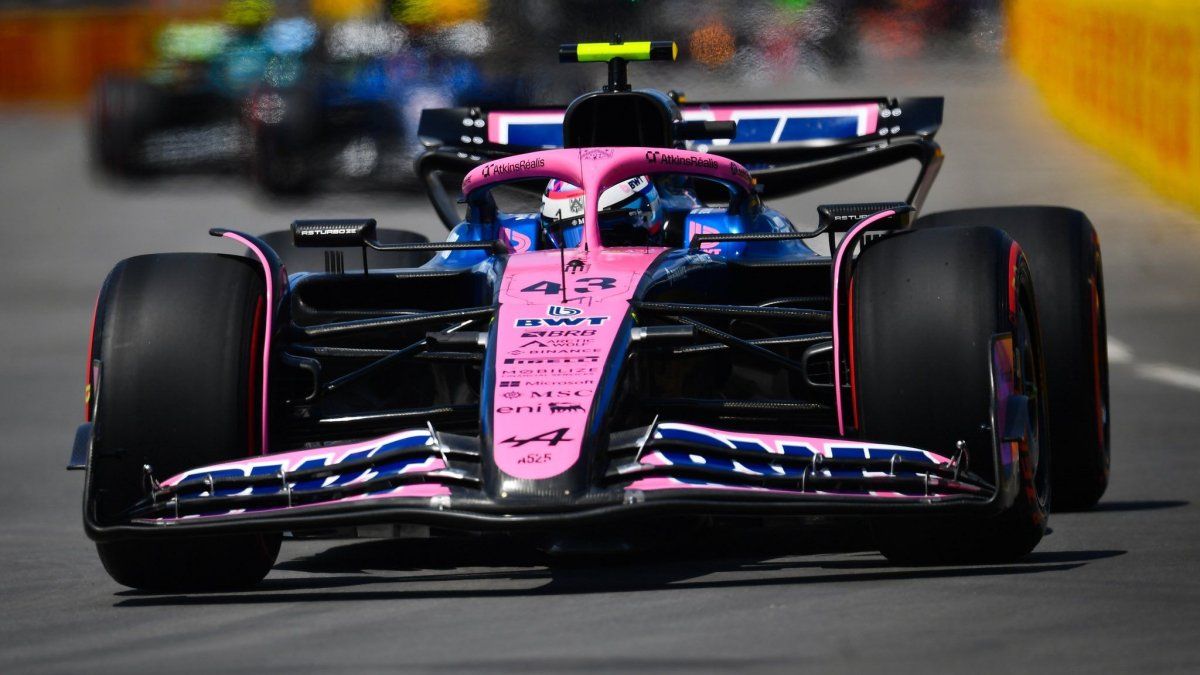Luis Lacalle Pou’s claim to partner with China “is a problem that we face. We are dealing with that matter. Mercosur is something that must be dealt with every day, ”he said yesterday.
“Mercosur is always unstable and has its pros and cons. At this moment Uruguay wants to buy everything that comes from China, regardless of the barrier clause of Mercosur ”, made explicit in statements to Rádio Sarandi, from the state of Rio Grande do Sul (south). “In particular, I understand that being free could be better for us, but we respect what was done in the past with regard to Mercosur,” he added to justify his conceptual pirouette.
Round
Although the Brazilian president is a volatile man and can always give a new surprise, everything indicates that he finished giving up his offensive so that each member could negotiate treaties unilaterally, something that would violate not only Decision 32/00 of the Common Market Council but also also Article 1 of Chapter I of the Treaty of Asunción, constituting the bloc.
Bad reading
Bolsonaro’s problem is that, in addition to his excess of ideology, he misread the international situation, especially after the pandemic. The ultra-liberal and disruptive preaching of Mercosur by its Minister of Economy, Paulo Guedes – another who was primed against Argentina – led him to imagine a free trade agreement with the United States. What he never understood was that this was only the claim of the most competitive sectors of the Brazilian industry and not the bulk of it. Nor that Donald Trump could flatter him – to the extent that he flattered him first – but that he had no vocation for integration with a low-wage economy like Brazil’s. And finally, that the arrival of the Democrats to the White House with Joe Biden finished burying that project.
Advances
As repeatedly reported AmbitThis has been repeatedly made known to him by the majority of Brazilian industry, defenders of their business in a Mercosur that they cannot do without if they do not want to be swept away by competition from countries with much lower costs and much larger scale.
Scioli worked on that intern, both in the days of Felipe Solá at the Palacio San Martín and, more recently, with Santiago Cafiero.
A preview of the rapprochement that national diplomacy knew how to build was what happened last month, just before the end of the pro tempore presidency of Brazil. Then, that country, Argentina and Paraguay solomonically agreed to a reduction of 10% of the common external tariff of Mercosur for a majority of products, an opening that was not as generous as Brazil intended or as timid as Argentina would have preferred.
However, pragmatism prevailed, the acceptance of exceptions at the convenience of each partner and there was understanding. Frustrated, the Montevideo Ministry of Foreign Affairs broke with all precedents and did not sign the final communiqué of the virtual summit of December 17, because it did not accurately reflect its expectation of radical easing of negotiations with third countries.
Enemy
For Bolsonaro, China is more than a danger to the Brazilian industrial apparatus: it is, as it was with Trump, an ideological enemy, incarnation of the bogeyman of “communism.” Thus it was that, as the American, pointed to that country as guilty of the plague, he questioned the Chinese vaccines against covid-19 – before having to ask for them on his knees when Brazil became the epicenter of the pandemic – and even gave in to The pressure from Washington – which, like so many things, did not vary from Trump to Biden – to exclude Huawei as a supplier of equipment for the 5G network that will transport the government’s reserved data. The Chinese giant was relegated to participate in the other network, the one intended only for the public.
Uruguay – a country with a much less diversified economy – has long viewed China as a more than interesting partner. Its production of grains, meat, dairy, cellulose pulp and something else could be swallowed as a dragee by the Asian giant while, without an industry – or significant employment in that area – to defend, the free arrival of manufactured goods from The East could contribute to cheaper inputs and imported consumer goods. This is not the case in Argentina or Brazil.
The problem is the precedent: that a Mercosur country opens in a similar way deprives the companies of the other nations of the bloc of the market reserve that, precisely, involves the customs union, however imperfect it may be. If the products of industrial powers such as China, Korea, the United States or Germany, for example, entered any of the member countries with zero tariffs, they would immediately displace those of the rest of Mercosur due to their greater competitiveness. That would mean saying goodbye to the club’s founding vision: for the region to be the launching pad for a local industry capable of gaining efficiency and scale over time.
In the end, Bolsonaro seems to understand. Luckily that happened before it was too late. The only thing missing, of course, is that he doesn’t change his mind again.
Source From: Ambito
David William is a talented author who has made a name for himself in the world of writing. He is a professional author who writes on a wide range of topics, from general interest to opinion news. David is currently working as a writer at 24 hours worlds where he brings his unique perspective and in-depth research to his articles, making them both informative and engaging.




